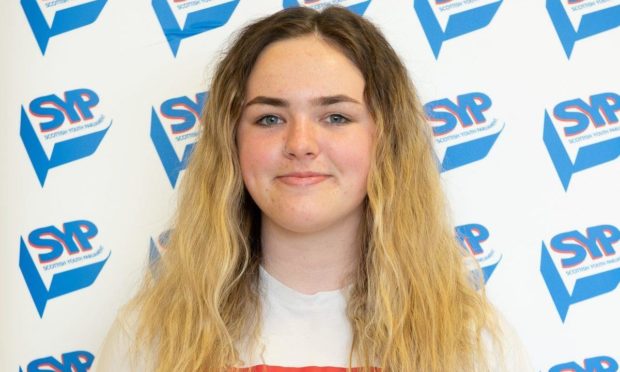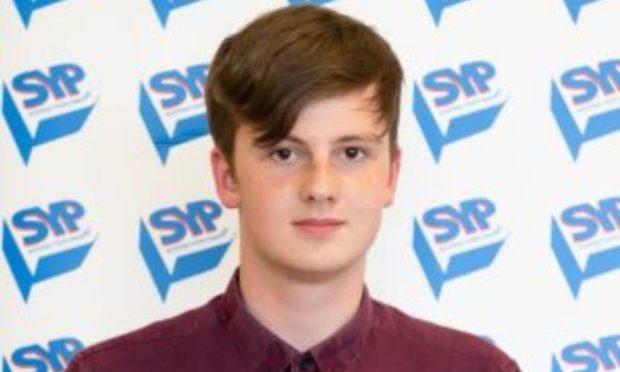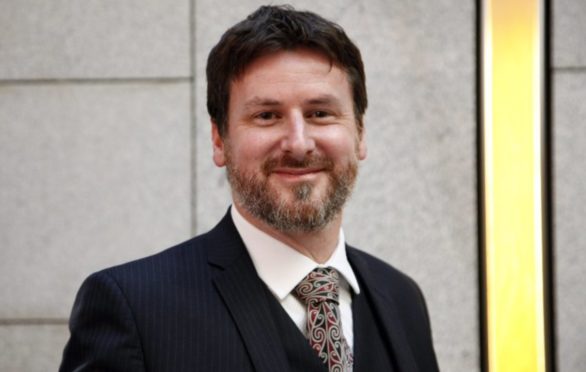An Angus youth representative feels “extremely let down” by the SQA’s exam appeals process which could see pupils downgraded once again.
Brooke Barr, who represents Angus South at the Scottish Youth Parliament, is one of a handful of young politicians expressing their anger over the 2021 system.
New Education Secretary Shirley-Anne Somerville announced yesterday that the appeals system would not include a ‘no detriment’ policy.
Should learners appeal their grades – which will be given to them by their teachers based on coursework and assessments – they could be marked up or down following the review.
The youth parliament had been particularly against a system which could downgrade pupils following the exams fiasco in 2020, which saw thousands of young people’s grades reduced and then overturned.
Young voices are ‘not being heard’
Brooke, who had been part of a learners’ panel since November to help shape the way the education process would go, has told us she feels young people like her are not being listened to.
The detrimental effects the pandemic has had on young people’s mental health has also not been considered, according to the MSYP.
She said: “I feel as though myself and other young people sitting all levels of SQA qualifications this year have been extremely let down.
It makes us young people feel as though our voices are not valued.”
Brooke Barr, MSYP.
“It makes us young people feel as though our voices are not valued or taken into account, especially when it comes to issues that directly impact our lives.
“Two key calls from the Scottish Youth Parliament that haven’t been met by the SQA are to include a policy of no detriment and to take into account exceptional circumstances.
“After last year and the mistakes that were made by the SQA, I really thought that things would turn out better given all the feedback they received from young people across Scotland, but we have been left disappointed yet again.”
Jack Bell, MSYP for Perthshire South and Kinross-shire also shared his “outrage” on Twitter and called on young people’s voices to be heard in “all decisions that affect them”.
Children and young people’s commissioner, Bruce Adamson, said the risk of being marked down could discourage pupils from appealing their grade.
I'm outraged at how the SQA have handled this situation. @OfficialSYP has long argued based on the #UNCRC that young voices should be listened to in all decisions that affect them.
And "having young people in the room" doesn't count; you need to hear and act on their voices. 😡 https://t.co/oDxcd3p5cs
— Jack Bell MSYP (@BellMsyp) June 3, 2021
He said: “This is an unnecessary and disempowering barrier to young people. No one should have their mark downgraded.
“The only barrier to making an appeal should be the evidence needed to support it and not the fear of negative consequence as a result of appealing a mark.”
He also echoed calls to consider the exception circumstances that have hindered many young people’s education over the school year.
Many, he said, may have experienced bereavement, ill-heath or have been excluded from education by not have access to a device for remote learning.
He continued: “I’ve already heard from one young person watching the statement who described feeling ‘gutted’ and that the information had not helped their anxiety.”
First Minister Nicola Sturgeon addressed the controversy surround the alternative assessment model and its appeals process at First Minister’s Questions earlier today.
She pledged to listen to pupils and parents to ensure “fair grades are delivered under difficult circumstances”.












